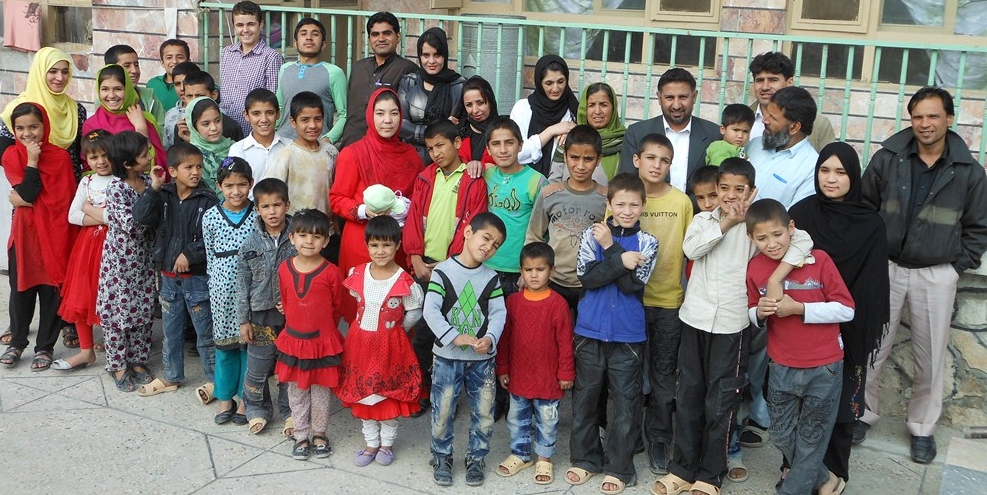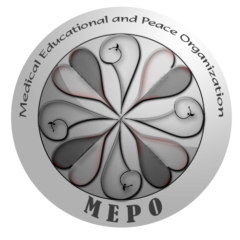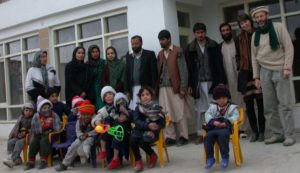
The House of Flowers orphanage was founded in September 2002 when Mostafa Vaziri and Allison Lide of MEPO first came to Kabul, Afghanistan to work and live. Their dream was to establish a safe place for orphaned children to live. But it was to be more than just a home, and more than just a school: the House of Flowers was designed to be a rich center of learning and inner growth following the philosophy and structure of a Montessori-based environment. Allison and Mostafa felt this would provide just the kind of environment that would allow children’s spirits to grow, recovering from the traumas they had experienced in their few years of life, making them stronger for the challenges that lie ahead.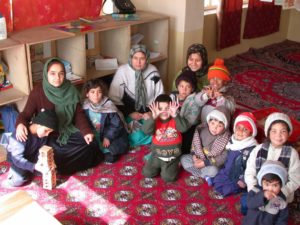
Working closely with their excellent Afghan NGO counterpart, Mr. Amanullah Nasrat and his organization, HEWAD, MEPO then established a formal protocol with the Afghan Ministry of Labor and Social Welfare. Having garnered official approval, MEPO and HEWAD found a house to rent and hired a teacher, a cook, a guard and a cleaning person. They hired a carpenter to make shelves, puzzles and a set of wooden blocks for the classroom, while Allison began to work with the teacher on Montessori techniques. A nearby ironworker made bunkbeds for the dorm rooms and a slide for the yard for the children’s first playground. Allison and Mostafa bought educational toys and art supplies and books, and were given sports kits for the children by UNICEF.
In December 2002 the house was opened to the first children, the three sisters Razia, Nadia and Shukria, who had been discovered living with their desperate father in the bombed-out ruins of a house with no roof. Soon they were joined by Zaher Shah and his younger brother Shahin Shah, whose father had been killed in the war. Gradually more children joined the House, either through personal references or brought by the Ministry according to the
 Mostafa and Allison worked with the teachers and staff in pedagogical and psychological aspects of child development.
Mostafa and Allison worked with the teachers and staff in pedagogical and psychological aspects of child development.
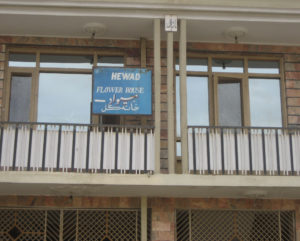
All the staff worked hard to establish an environment of freedom, respect, and joy, with self-responsibility and contribution to the whole. The children were encouraged to explore, to ask questions, to cooperate rather than compete, and to talk rather than fight. In stark contrast to the aggressive physical environment that the children came from, in the House of Flowers problems were resolved through peer mediation, time-out, and open and clear discussions with the children. This required a great deal of letting go of old habits on the part of the staff, and we admired their willingness to do things a different way.desperation of their situation.
Over the years, the children coming to the House have responded consistently and dramatically to the peaceful means of problem-solving and the open method of education used in the House of Flowers. They have matured from initially weak, aggressive and frightened states into confident, joyful and insightful children. They demonstrate to us the true and clear potential that lies within all human beings when the spirit is allowed to grow naturally.
